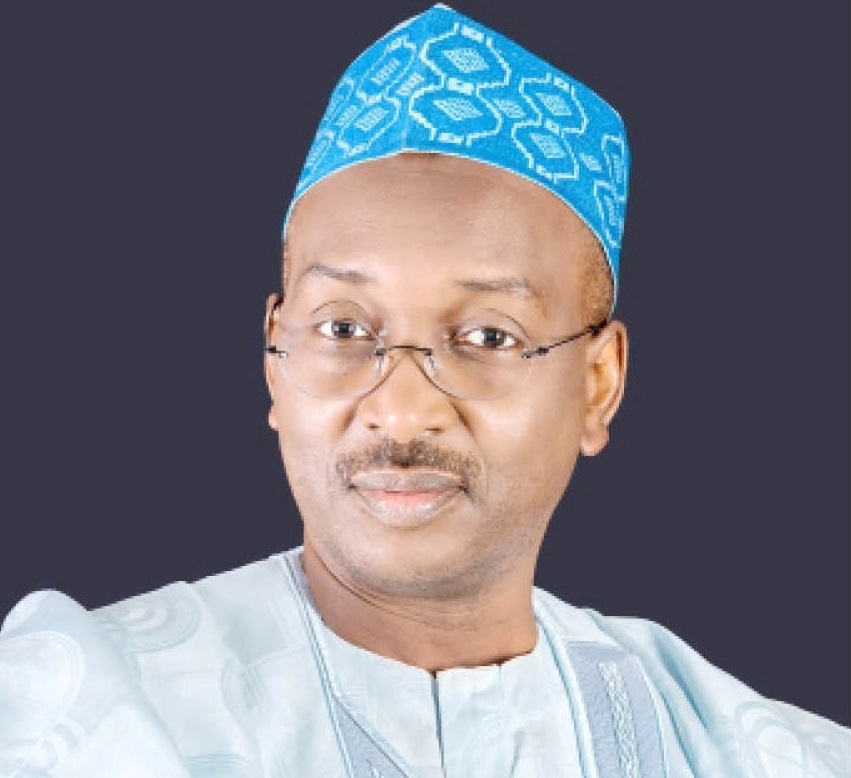To the extent that he is a former president of the National Association of Nigerian Students, (NANS) in the heydays of the radical nationalist platform, Salihu Lukman fits into the category of a Left politician. The immensity of diffusion in the social world makes it woolly to insist on a strict radical – conservative dichotomy. But it seems to happen all the time: the radical, seen to be a head ahead in ideological clarity; a paragon of elevated ethics and the archetype defender of the people finds him or herself in the ocean called politics in Nigeria but ends up leaving in controversial circumstances.
Salihu Lukman has been working as Director-General of the Nigerian Governors Forum, (NGF), the job he had to resign from yesterday. His ideological background would suggest he was in the wrong place. In those days, that would have been the thinking. In a similar circumstance in mid-1999, a different argument was advanced. A radical activist given a minor but significant appointment approached the late Prof Raufu Mustapha to clear his confusion about taking up the job. Raufu’s argument was that “unless he, (the principal) is going to be compromising you, there is nothing ideologically or morally wrong in taking the job. Comrades would have to learn how to manage segments of the state anyway, he also said.
Shortly, however, a comrade serving in a different appointment paid the supreme sacrifice and one of the arguments at the memorial session for him was the notion of the dangers of comrades being in the wrong place at the wrong time. Comrade activists, it was persuasively argued, ought to watch out against that. It was a re-assertion of the position that had been the referent before the culture of people with radical pedigree going into traditional politics seeped in. Very few of them who went that way came up with anything substantial although the ones behind the Talakawa Summit in Jigawa are still arguing that they spearheaded and achieved a peaceful revolution in which, for the first time ever, the aristocracy and the multitudinous peasantry were brought into a dialogue at which the Sultan of Sokoto, along with over a dozen emirs as well as global civil society, led the Global Call Against Poverty, (GCAP) prayer against poverty. To the extent that Jigawa Talakawa Summit is a discursive practice capable of morphing into anything, the comrades behind it could assert whatever claims of a breakthrough. Whether that is not too thin a ground for Enterism remains to be established.
The details are still to come out regarding why Lukman made his exit from the NGF but it is most likely to be that he ended up a fall guy. The tension between fractions and factions of the power elite must always find a resolution in the weakest link in the chain at any particular point. At ‘injury time’ in a do-or-die political atmosphere as in Nigeria now, only survivalists can make it, with each unplanned exit reinforcing the thesis of the risks of being in the wrong place at the wrong time, ideologically speaking.
So, how do radicals enter the political field of play at a time the imperative of radical democratic politics has contested revolutionary party essentialism? This appears to be the question that has not been contemplated and engaged adequately, particularly in the light of the notion that radicals led Nigerians to 1999 but only to be nowhere to be found in terms of being the guys in charge at the end of the day. After over two decades, radical critics can be heard saying both the People’s Democratic Party, (PDP) and the All Progressives Congress, (APC) have failed to deliver democracy. That is, Salihu Lukman’s exit from NGF is both personal to him as it also raises questions on a problematic in Left politics.




























